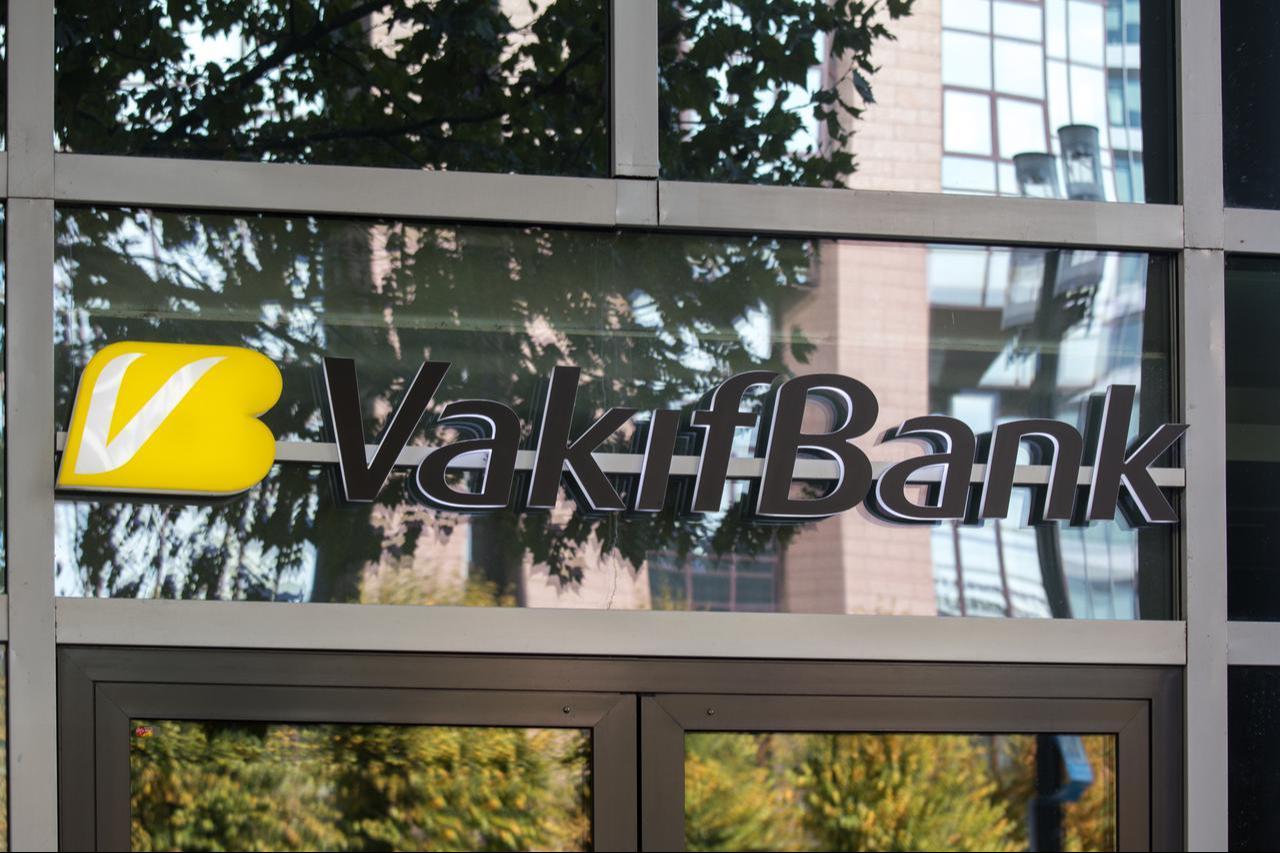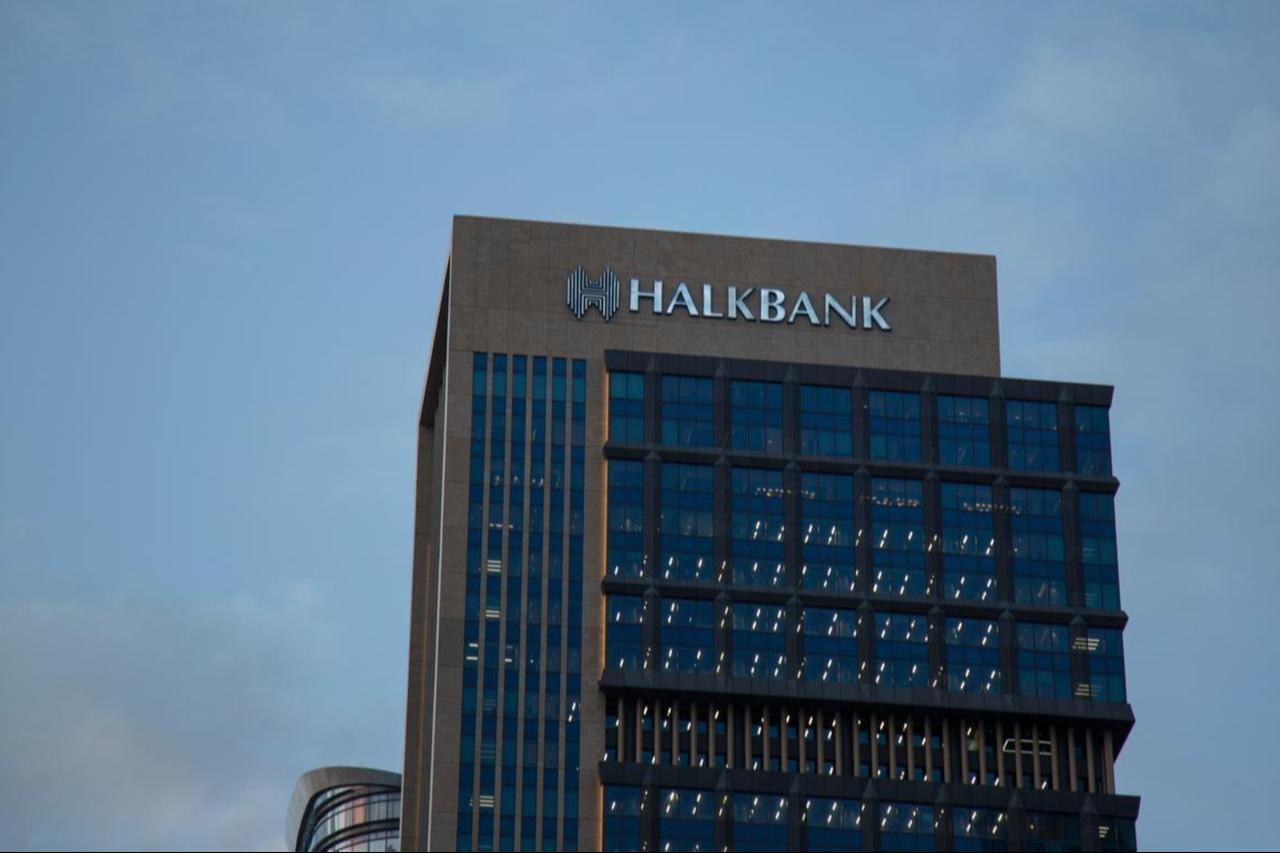
Fitch Ratings, one of the three major global credit rating agencies, has upgraded the long-term foreign currency issuer default ratings (IDRs) of Turkish state-run banks Ziraat Bank, VakifBank and the Industrial Development Bank of Türkiye (TSKB), citing improved operating conditions, stronger monetary policy credibility and enhanced foreign exchange reserves.
The banks’ long-term foreign currency issuer default ratings (IDRs), which reflect their ability to meet foreign currency-denominated obligations over a period longer than one year, were raised from "B+" to "BB-." Their viability ratings (VRs) were also upgraded from "b+" to "bb-." Long-term local currency ratings were affirmed at "BB-" and national long-term ratings at "AA(tur)," all with a stable outlook.
Fitch Ratings also upgraded the government support ratings (GSRs) of state-owned lenders Ziraat Bank, VakifBank and the Industrial Development Bank of Türkiye (TSKB) from "b+" to "bb-" based on the view that Turkish authorities now have a stronger capacity to provide financial assistance in foreign currency during periods of stress, supported by improved official reserve levels.
Government support ratings assess the likelihood that a bank would receive extraordinary state support to meet its obligations, particularly in foreign currencies, if it were to face severe financial difficulty.
Fitch noted that Ziraat Bank and VakifBank benefit from wide domestic reach and diverse financial services but continue to operate with lower-than-average core capital reserves and face higher exposure to credit risk compared to other banks in the sector.
For TSKB, a policy-driven development bank that lends primarily for investment and sustainability-focused projects, Fitch cited consistent financial performance and sufficient capital and foreign currency liquidity, though it noted that the bank’s balance sheet remains heavily weighted in foreign currency assets, increasing its sensitivity to exchange rate movements.

Fitch applied similar upgrades to three additional state-backed lenders: Vakif Participation Bank, Emlak Participation Bank and Halkbank. Their IDRs were upgraded from "B+" to "BB-" and their government support ratings were raised to "bb-," all with stable outlooks reflecting the state’s continued willingness to support these institutions.
Ziraat Katilim, the Islamic banking subsidiary of Ziraat Bank, also benefited from the upgrade, as its rating is directly linked to the credit profile of its parent due to shared ownership, branding and operational integration.
Arap Turk Bank (ATB), a smaller lender focused on trade finance with a narrow client base, saw its IDR raised from "B" to "B+" and its viability rating—an indicator of its standalone financial strength—upgraded from "b" to "b+." Its national long-term rating was also revised upward from "A-(tur)" to "A(tur)," which reflects its creditworthiness relative to other Turkish issuers.
However, Fitch maintained a "no support" classification for ATB’s GSR due to the bank’s limited size and lack of systemic importance in the domestic financial system.

These upgrades follow Fitch’s broader revision of the Turkish banking sector’s operating environment score from “b+” to “bb-,” a composite assessment of the macroeconomic and financial conditions under which banks operate.
The agency attributed the upgrade to improved monetary policy credibility, reduced refinancing risks for external debt, more stable access to international capital markets and a more predictable exchange rate regime.
Despite these improvements, Fitch warned that Turkish banks remain exposed to structural challenges, including still-elevated inflation, a decelerating growth outlook, persistent political uncertainty and a complex regulatory framework that continues to evolve despite recent efforts to simplify it.
Fitch stated that further upgrades would likely depend on continued improvement in the sovereign credit profile or in Türkiye’s overall operating environment. Conversely, any material weakening in banks’ capital levels, foreign currency liquidity or asset quality—particularly if not offset by government or shareholder support—could lead to rating downgrades.